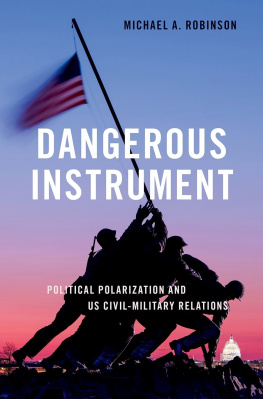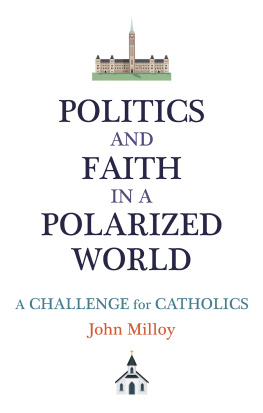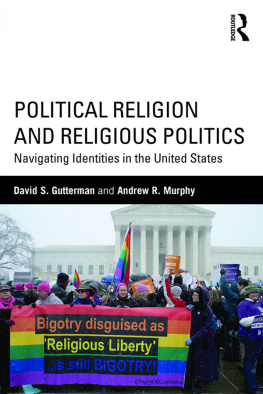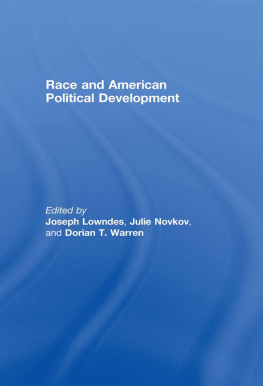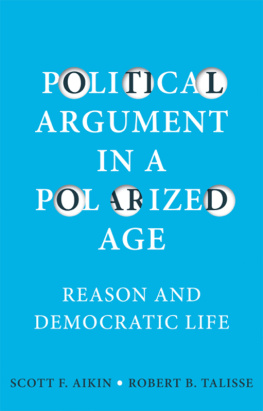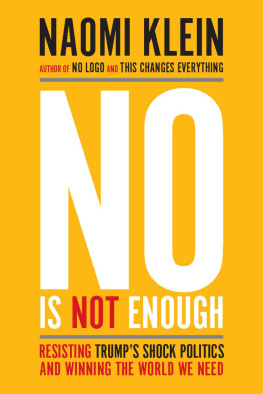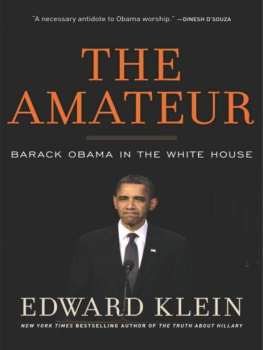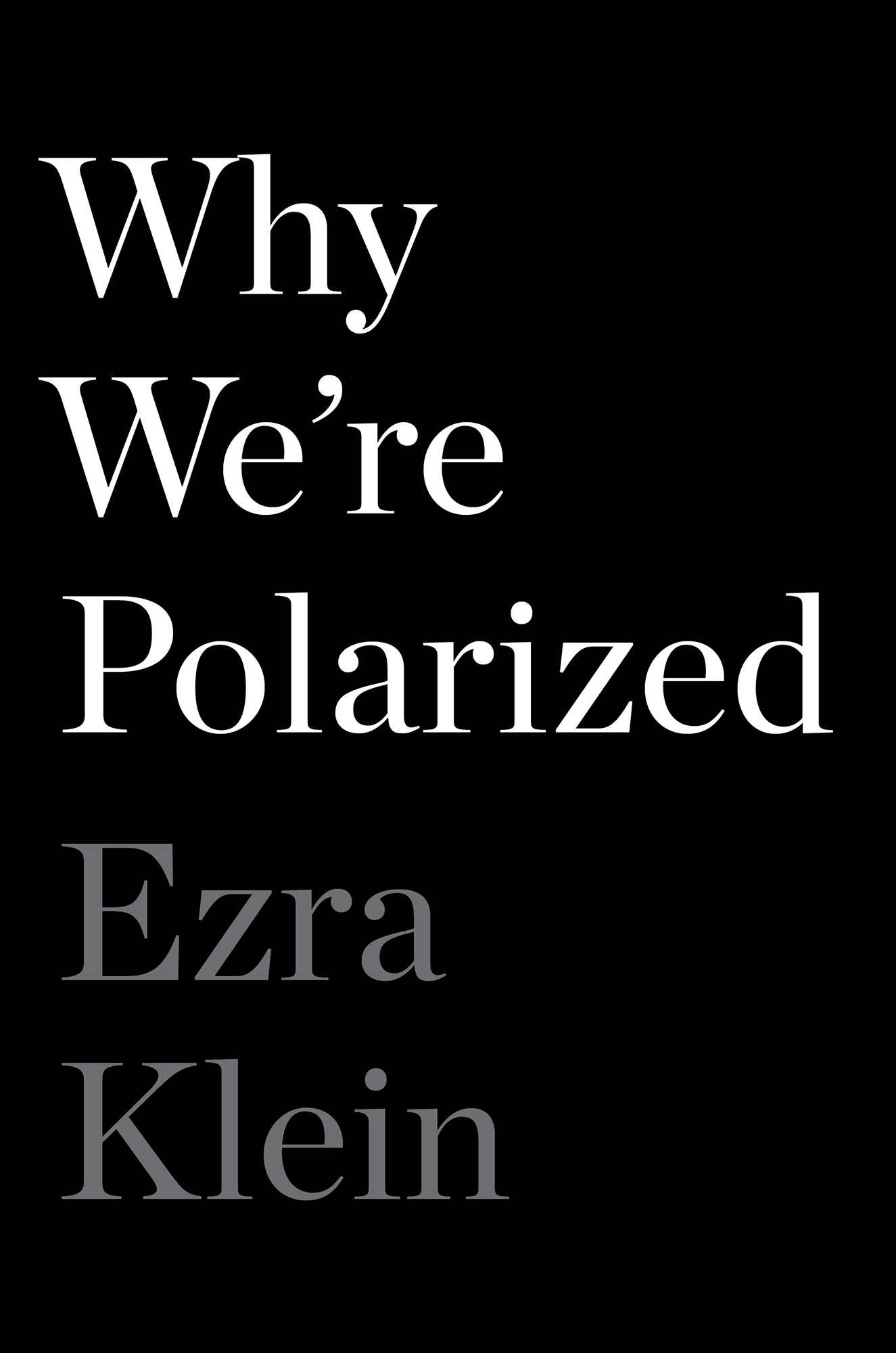Thank you for downloading this Simon & Schuster ebook.
Get a FREE ebook when you join our mailing list. Plus, get updates on new releases, deals, recommended reads, and more from Simon & Schuster. Click below to sign up and see terms and conditions.
CLICK HERE TO SIGN UP
Already a subscriber? Provide your email again so we can register this ebook and send you more of what you like to read. You will continue to receive exclusive offers in your inbox.
To Annie and Moshi
Introduction What Didnt Happen
I ve spent part of nearly every day since November 8, 2016, wrestling with a single question, writes Hillary Clinton in What Happened. Why did I lose?
What Happened is an unusual book. Published mere months after the 2016 presidential election, it is the defeated candidates effort to understand how she fell short. At its core is the belief that something extraordinary and bizarre occurred in 2016an outcome beyond the boundaries of the normal give-and-take of American politics, an aberration that must be explained.
If Mitt Romney had won in 2012, Barack Obama would not have released a book entitled What the Hell? So, too, if John Kerry had swept to victory in 2004; George W. Bush would not be joined by millions in puzzling over the breach. In American politics, loss is part of life. Thrumming through Clintons bookand in the anguished flood of postelection commentary from liberals and never-Trumpersis the belief that 2016 was not like 2012 or 2004. Reality had ruptured. We were owed answers.
To be fair, something strange had happened. Donald Trump won the election. There was a Maya Angelou quote that ricocheted across social media during the 2016 election: When someone shows you who they are, believe them. Trump showed us who he was gleefully, constantly. He mocked John McCain for being captured in Vietnam and suggested Ted Cruzs father had helped assassinate JFK; he bragged about the size of his penis and mused that his whole life had been motivated by greed; he made no mystery of his bigotry or sexism; he called himself a genius while retweeting conspiracy theories in caps lock.
Even Trumps team didnt believe he was going to win. Plans were afoot for him to start a television channel in the aftermath of his loss. And then came election night. He won the electoral college even though 61 percent of voters, in Election Day exit polls, said he was unqualified to hold the presidency; even though most voters had a higher opinion of Clinton and believed Trump lacked the temperament for the office he sought. The US presidency is a sacred trust, its occupant the wielder of unimaginable destructive power, and here, we had handed it to a human hurricane. And we had done so knowingly, purposefully.
It is this affront that motivates What Happened. Clinton is trying to explain how Trumps victory came to pass. She seeks exoneration, but the confusion is real. She is helped in this by the peculiar nature of Trumps triumph. He lost the popular vote by millions of ballots, and his electoral college margin rested on a sliver of the population. As Clinton writes, if just 40,000 people across Wisconsin, Michigan, and Pennsylvania had changed their minds, she would have won.
With a margin that narrowmore than 136 million votes were cast in totalanything can explain the results. And that is where Clinton focuses her efforts, proving, convincingly, that everything from James Comeys letter to Russias interference to deep-seated sexism could have, and probably did, account for the thin margin by which she lost.
But such analyses pose the easy question rather than the hard one. Rather than asking how Trump won, we should be asking how Trump was close enough to win. How did a candidate like Trumpa candidate who radiated contempt for the party he represented and unfitness for the job he soughtget within a few thousand votes of the presidency in the first place?
This was a question I posed in mid-2017 to Larry Bartels, a political scientist at Vanderbilt University. Over years of political reporting, I had come to value Bartelss unsentimental analysis of American politics. Speaking to him has the harrowing quality of feeding questions into a computer that doesnt care if you like the results. And as I poured out my theories of the election, he stared back with bemusement. After I had worn myself out, he replied in a way that has tormented me since: What if nothing unusual happened at all?
The premise of my questioning, Bartels calmly explained, was that the 2016 election was weird. And he was right, that was my premise. I had seen things happen in American politics that I wouldve rejected as laughable if theyd been on an episode of House of Cards and too dark to be funny if theyd been on Veep. And this wasnt a hysterical reaction unique to my anxious mind. Mine was a gentle version of the conventional wisdom. In the New Yorker, for instance, Adam Gopnik argued that Trumps victory offered support for the hypothesis that we are living in a computer simulation and that something has recently gone haywire within it.
But Bartels had been looking at the data and he disagreed. The 2016 election didnt look like a glitch, he said. It looked, for the most part, like every other election weve had recently. The simulation was, if anything, too stable, like we had unleashed tornadoes and meteors on our virtual city and only a few windows had shattered. It was the normalcy that was unnerving.
Take gender. Clinton was the first female candidate nominated by a major party for president. Trump was a male id in a suit, bragging about grabbing women by the pussy and offhandedly rating the sexual desirability of those who challenged him. This was, then, an election designed to split us more deeply by gender than any in recent history.
But turn to the exit polls. In 2004, the Republican candidate for president won 55 percent of men. In 2008, he won 48 percent of men. In 2012, 52 percent. And in 2016? Trump won 52 percent of men, precisely matching Romneys performance.
The story is similar among women. In 2004, the Republican won 48 percent of female voters. In 2008, he won 43 percent; in 2012, 44 percent. And in 2016? 41 percent. Lower, but only two percentage points beneath John McCain in 2008. No earthquake.
Lets look at it a different way. This was the white nationalism election, when the alt-right came into its own, when Trump promised to sweep in after the first black president in American history and put America back the way it was, to build a wall and make America great again. And yet, in 2004, the GOP candidate won 58 percent of white voters. In 2008, he won 55 percent of white voters. In 2012, he won 59 percent of white voters. Fast-forward to 2016: 57 percent.
Of course, there was no group Trump assailed more regularly than Hispanic immigrants. He launched his campaign by descending a golden escalator and proclaiming, When Mexico sends its people, theyre not sending their best. Theyre not sending you. Theyre bringing drugs. Theyre bringing crime. Theyre rapists. And some, I assume, are good people. In 2004, the Republican candidate won 44 percent of Hispanic voters. In 2008, he won 31 percent. In 2012, 27 percent. And in 2016, 28 percent.
After the GOPs 2004 victory, the Republican Partys dominance was widely ascribed to Bushs deep, authentic bond with white, born-again Christians, of whom 78 percent pulled the lever for his reelection. In 2008, the GOP candidate won 74 percent of these voters. In 2012, it was back up to 78 percent. But Trump was different. He was a morally louche adulterer who flaunted his wealth, and when asked, on the campaign trail, if he ever turned to God for forgiveness, he said, I am not sure I have. So how did he do among white, born-again voters? He won 80 percent.


